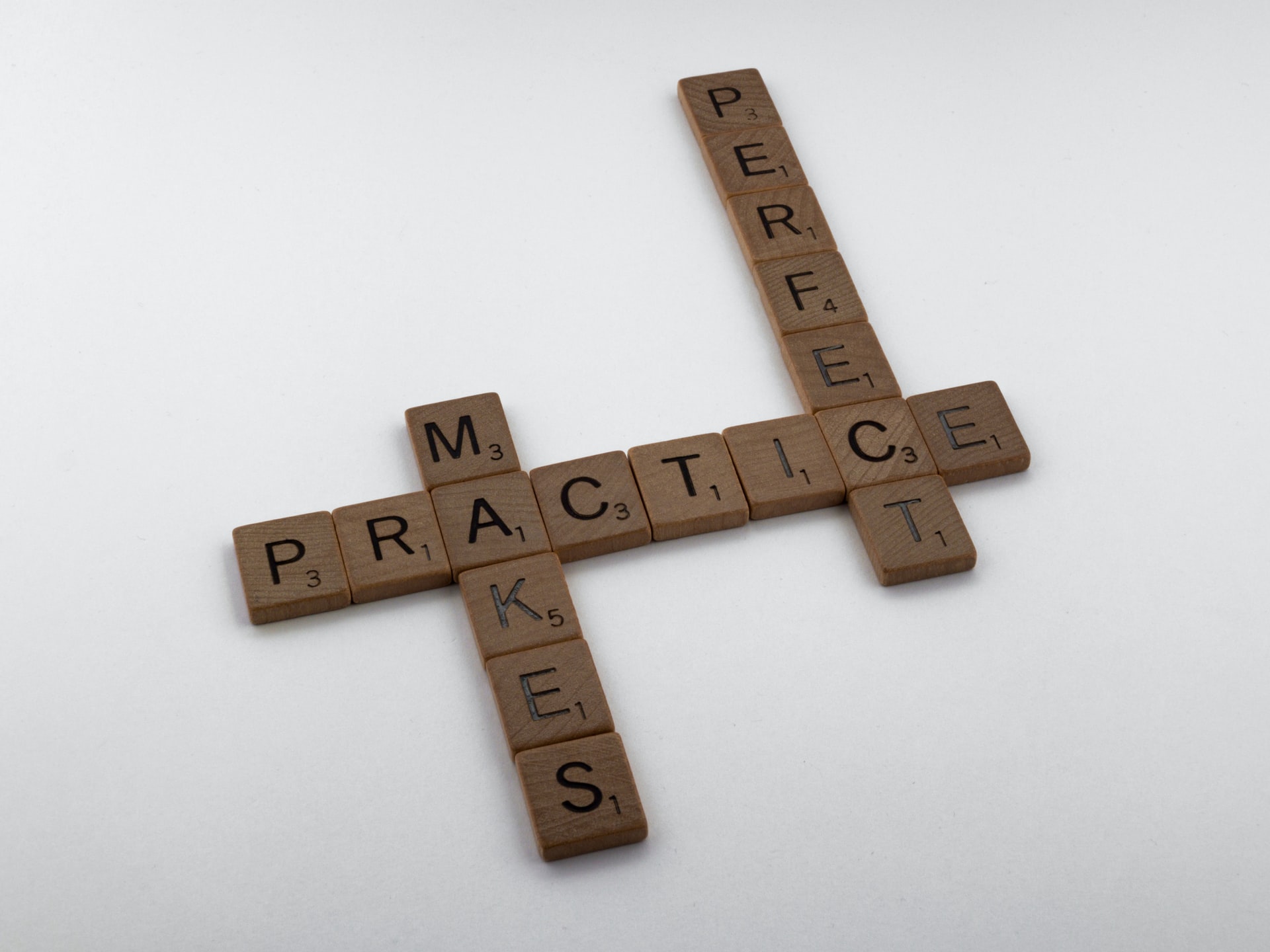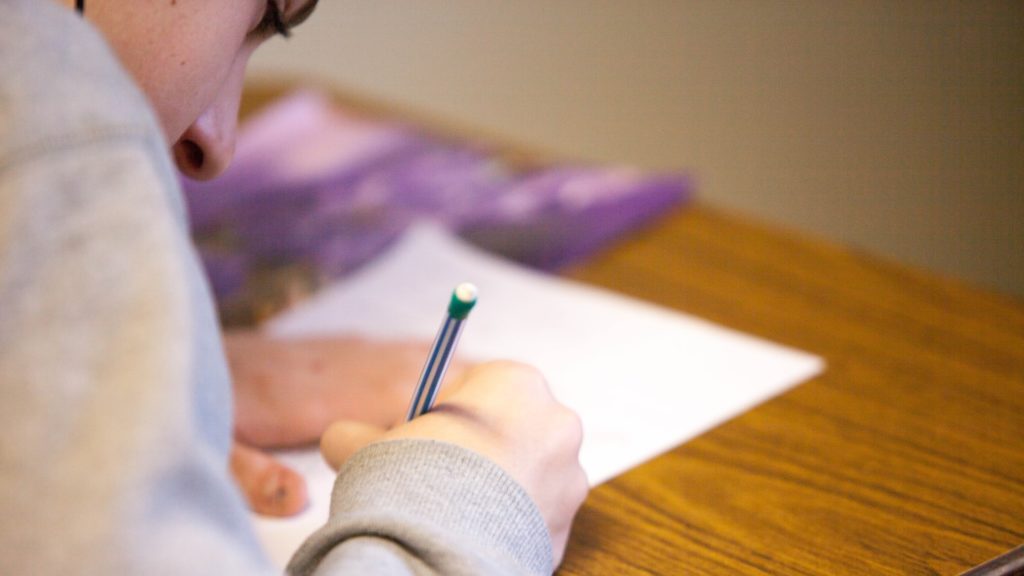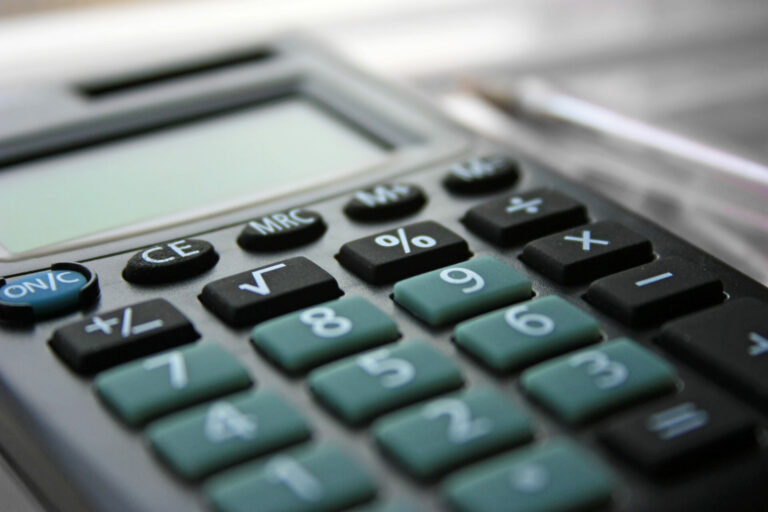Your GCSE maths examination is an important time in your life. It doesn’t help that people (teachers, parents, fellow students) have told you this many times, especially from the very beginning of your foundation maths.
You know that you need to do well and that better grades will open up more opportunities for you in the future. You might even want to outdo your friends or impress teachers and family who have supported you in the past.
No matter what gives you the strongest drive, it’s essential to prepare for these exams and do as well as possible. This article will look at how to revise successfully and get a 9 in Maths GCSEs.
1. Plan Ahead with a Schedule

When revising for any exam, it is essential to plan your revision to cover everything you need to cover. This ensures you don’t miss out on any topic, which is an integral part of passing any test.
However, you need to spend a day creating your schedule to begin revising even foundations maths effectively.
2. Rehearse

Even for a foundation maths exam, you will be required to perform several mathematical tasks on paper. That is one way this test can differ from others.
For example, rather than just learning facts to repeat later, you will show that you can do something practical and specific.
Therefore, you should spend some time practising these tasks. Look at the questions you know will be on the test, and rehearse them specifically.
You can also practise your skills (as far back as foundation maths) by working on some past papers from previous years! You can find many of these online, or your teacher might even be able to source some for you.
Of course, the questions will not be the same as this year’s, but much of the information and the skills you need to practise will be the same so that it will be helpful in either case.
3. Remember to Rest

Studying for a test is the obvious thing that you can do to improve your performance in class, but you should also think about how you learn.
Studying for an extended period can impair your performance because the human brain only has a limited ability to concentrate.
Exactly how long this ability lasts varies from person to person. Still, it is safe to say that, on average, most people will find they can focus maximally for around forty minutes, even if it’s just foundation maths.
4. Get Plenty of Sleep

Like rest, getting the proper amount of sleep regularly allows us to learn much more quickly, if not automatically. Learning can occur in any subject, but it’s a must in foundation maths.
Go to bed on time each night while reviewing material and before taking an exam, and make sure that you have a routine to ensure that you are comfortable getting to sleep quickly.
And don’t pull the improper sleeping hours of “12 AM to 8 AM is still 8 hours!” It’s much better to sleep by 9 PM, so your body can recover properly, as seen here.
GCSE Maths Examination Conclusion
Constant planning and preparation aren’t enough. Remember to get enough rest and review your past modules for better comprehension.
Passing GCSE Maths is a lengthy process, so remember all these practices on your road to passing!
Get resources and help on GCSE Maths Foundation and more from SchoolOnline! We provide parents, students, and teachers with academic support for GSCE and KS2 Maths and English programs. Subscribe today and improve your grades by 100.5 percent!


